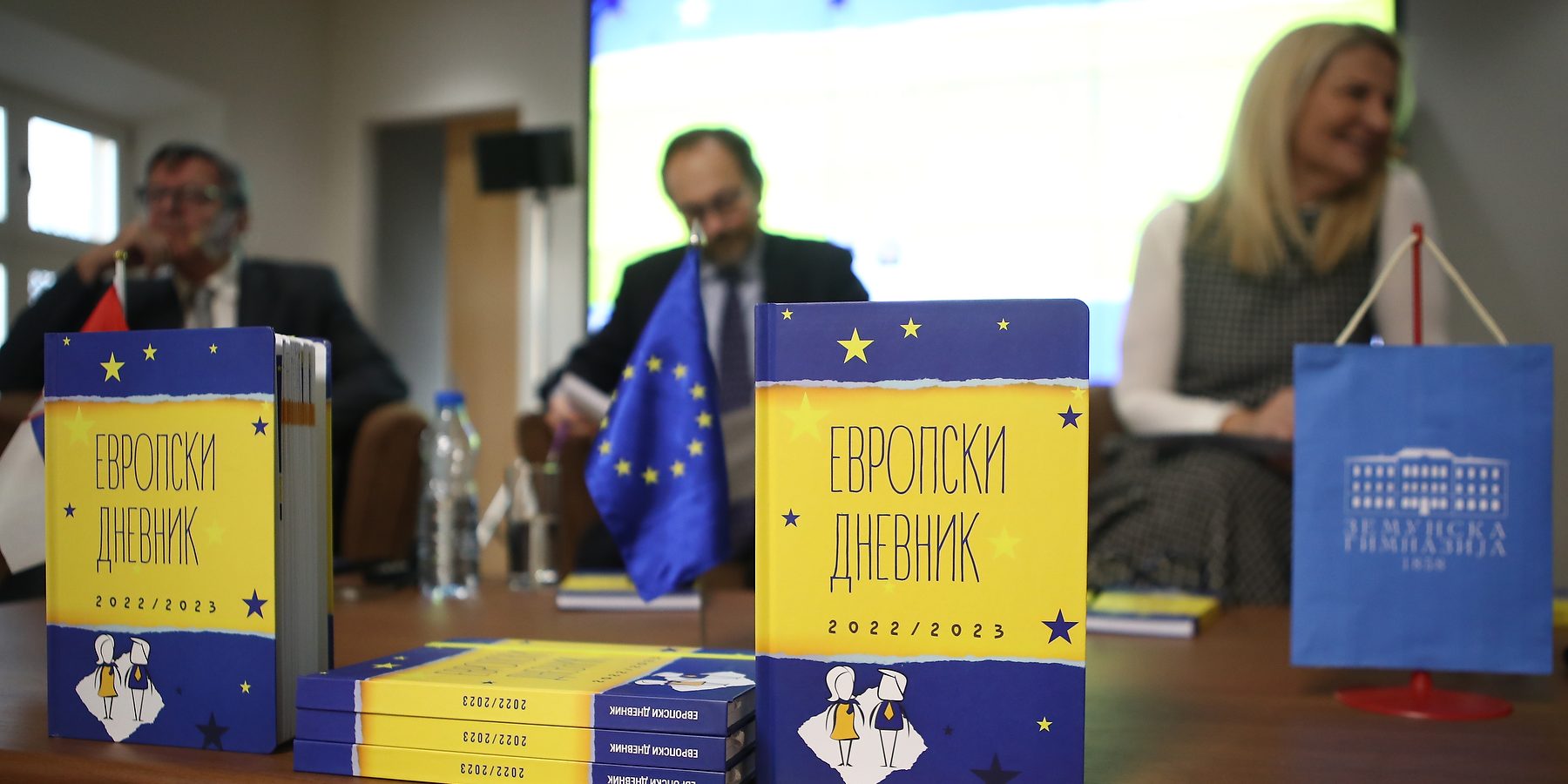The past and future of the European Union, relations with Serbia and the benefits of the European integration process were the topics of the discussion between the officials and high school students at the promotion of the 13th edition of the Europa Diary in Zemun High School.
“The EU as a political project was created after the Second World War. It was the time of a paradigm shift in order to resolve conflicts through compromise instead of war. Therefore, the European Union today is an area of freedom and prosperity. I feel privileged to be the EU ambassador to Serbia. I promote the interests of the EU, and among them is that of Serbia becoming a member of the European Union. So, at the same time I work for the interests of Serbia,” said the EU ambassador to Serbia, Emanuele Giaufret.
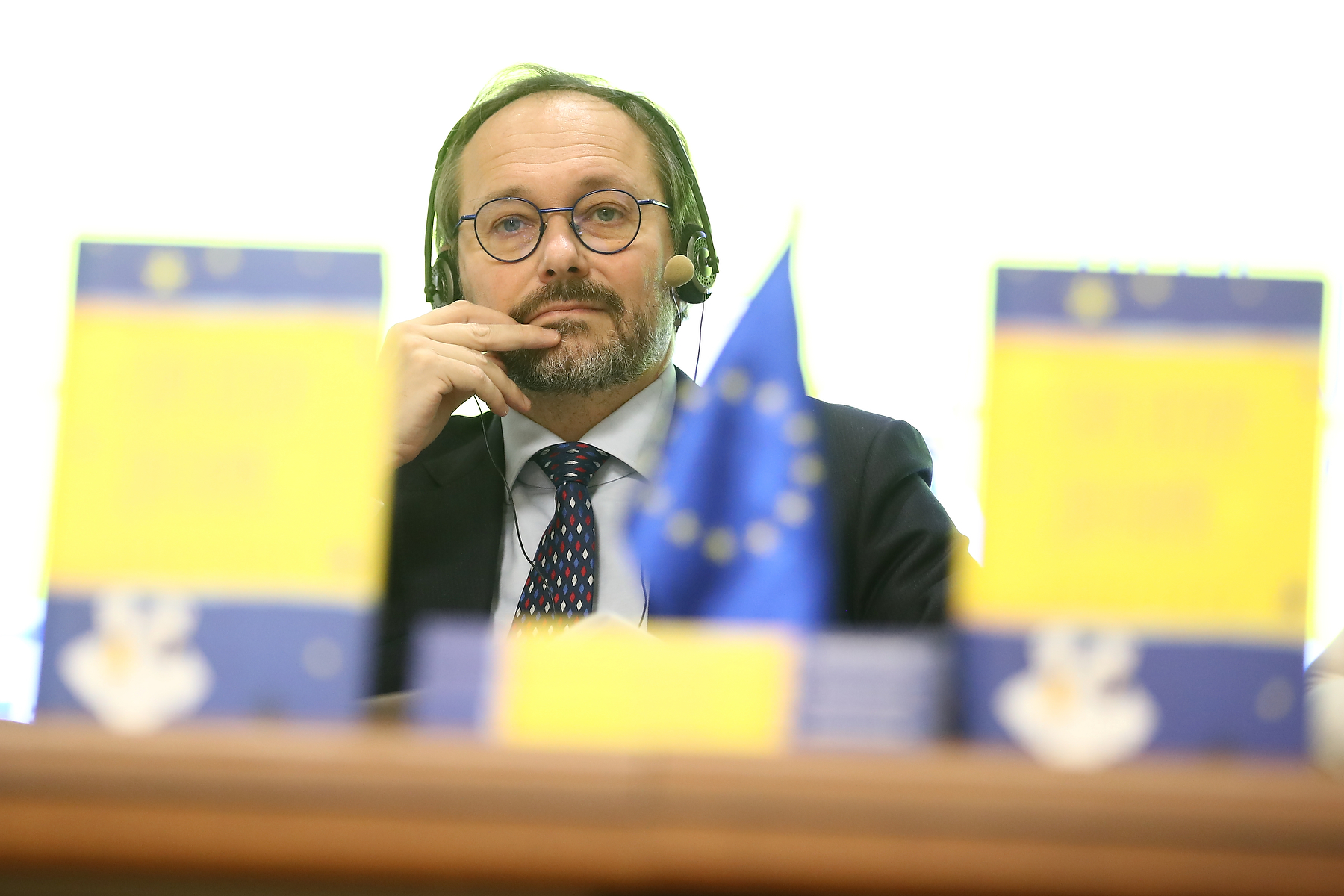
The ambassador states that young people also have a big role in determining the direction of development of each country.
“The question of Serbia joining the EU is a question of a better life, a question of your future. The decision is in your hands, and the EU provides many opportunities that will be at your disposal. It is up to you,” Ambassador Giaufret concluded.
View this post on Instagram
The students were interested in issues, such as migrations when the country becomes a member of the European Union, the economic inequalities of the member states, the issue of studying in the EU, the quality of education in Serbia, the matura exam, but also numerous political topics.
Online edition of the Europa Diary
Minister of European Integration, Tanja Miščević, states that it is important to break the prejudices that exist about the EU and its member states.
“It is a great honour for me that in my school today we are talking about the Europa Diary as a publication that teaches us through the experiences of other countries about how the EU works, about European values and about our European environment. The diary is also a tool for a better understanding of Serbia’s role in Europe today, and this is also an opportunity to reiterate my readiness to discuss all these topics with young citizens of Serbia. It is important to break the prejudices that we are different and that it is difficult to fit into what are the standards. It is also important that we know that all the specifics and the culture and the alphabet are much better protected when you are members of the EU,” explained Minister Miščević.
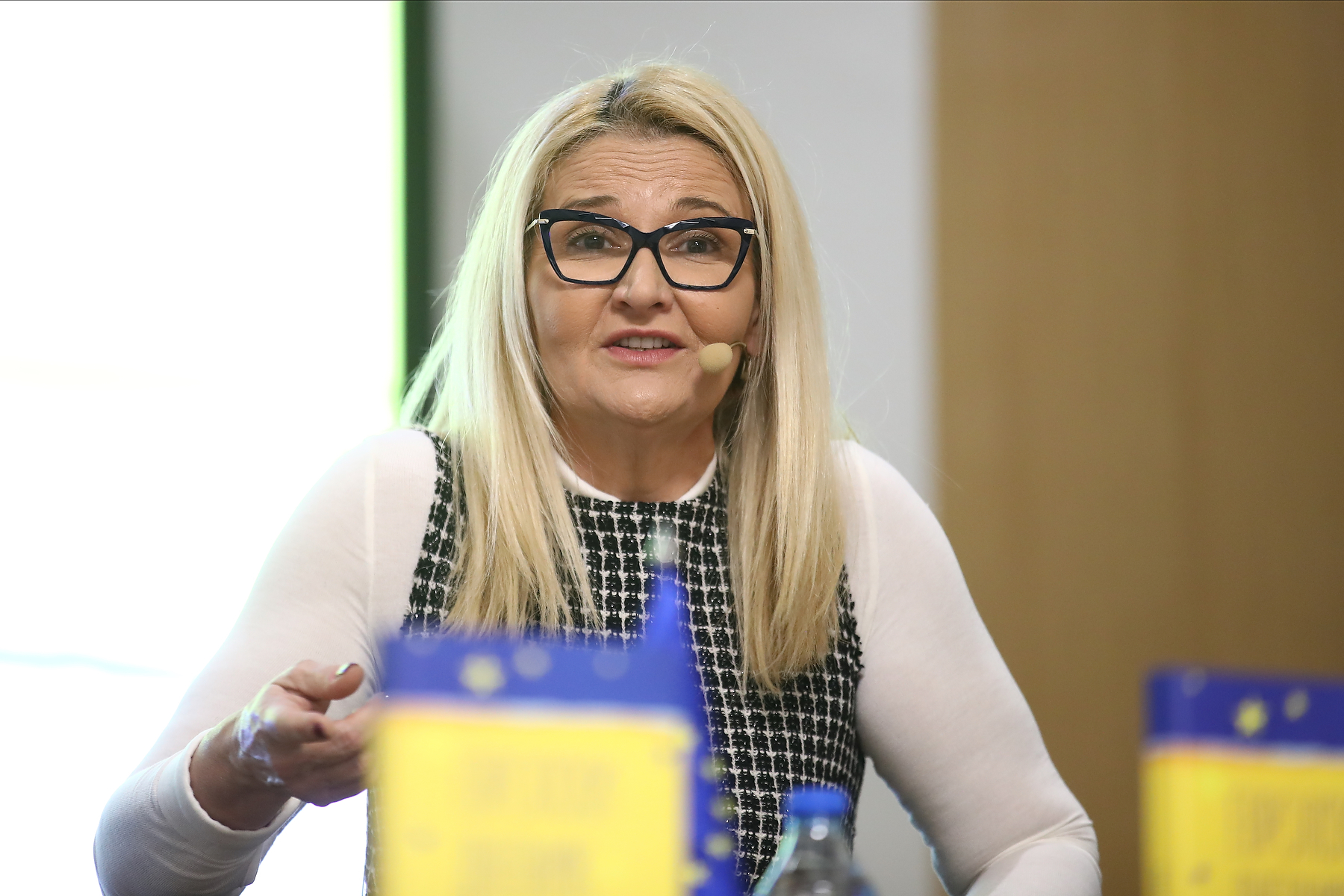
Minister of Education, Branko Ružić, says that cooperation is the way to good education.
“Our strategic directions in educational policies are aimed at reaching the EU standards at all levels of education. Together with the EU Delegation to Serbia, we worked on inclusion, digitization and strengthening of competences, the introduction of the State Matura and the improvement of higher education, enabling greater student mobility and much more. We are not doing all of this because of the EU, but for ourselves, because precisely by reaching these goals, we will do the best for our students and ultimately for our society, because investment in education is the best investment for our future,” Minister Ružić noted.
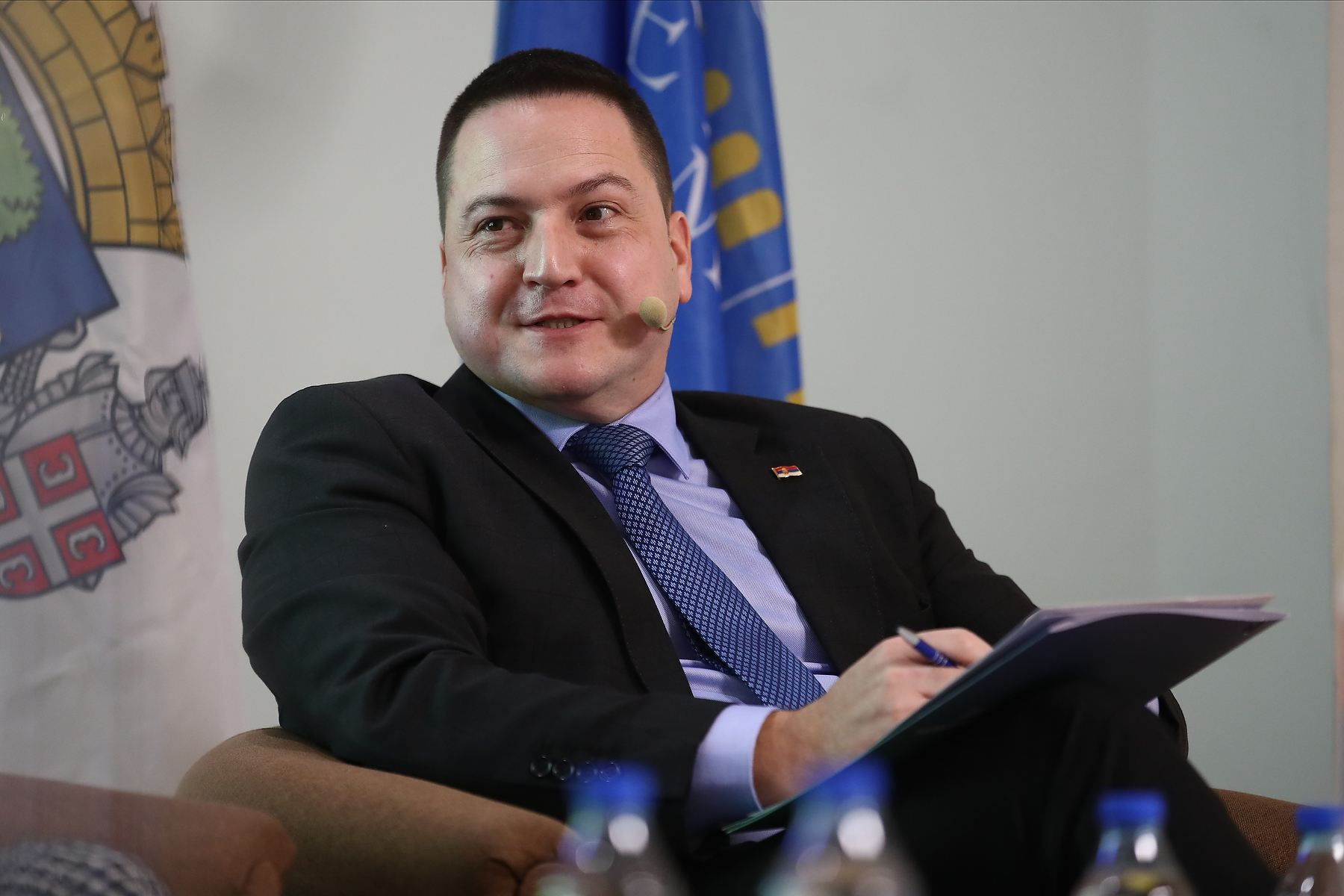
The aim of the Europa Diary is to provide the best possible information about the EU, its values and the opportunities it provides. This is the thirteenth time it has been published in Serbia.
The Diary covers a wide range of topics, from the creation of the EU and its institutions, through ecology, human and minority rights, the common market and the EU currency, to the possibility of continuing education in one of the EU member states. It is available in print and online.
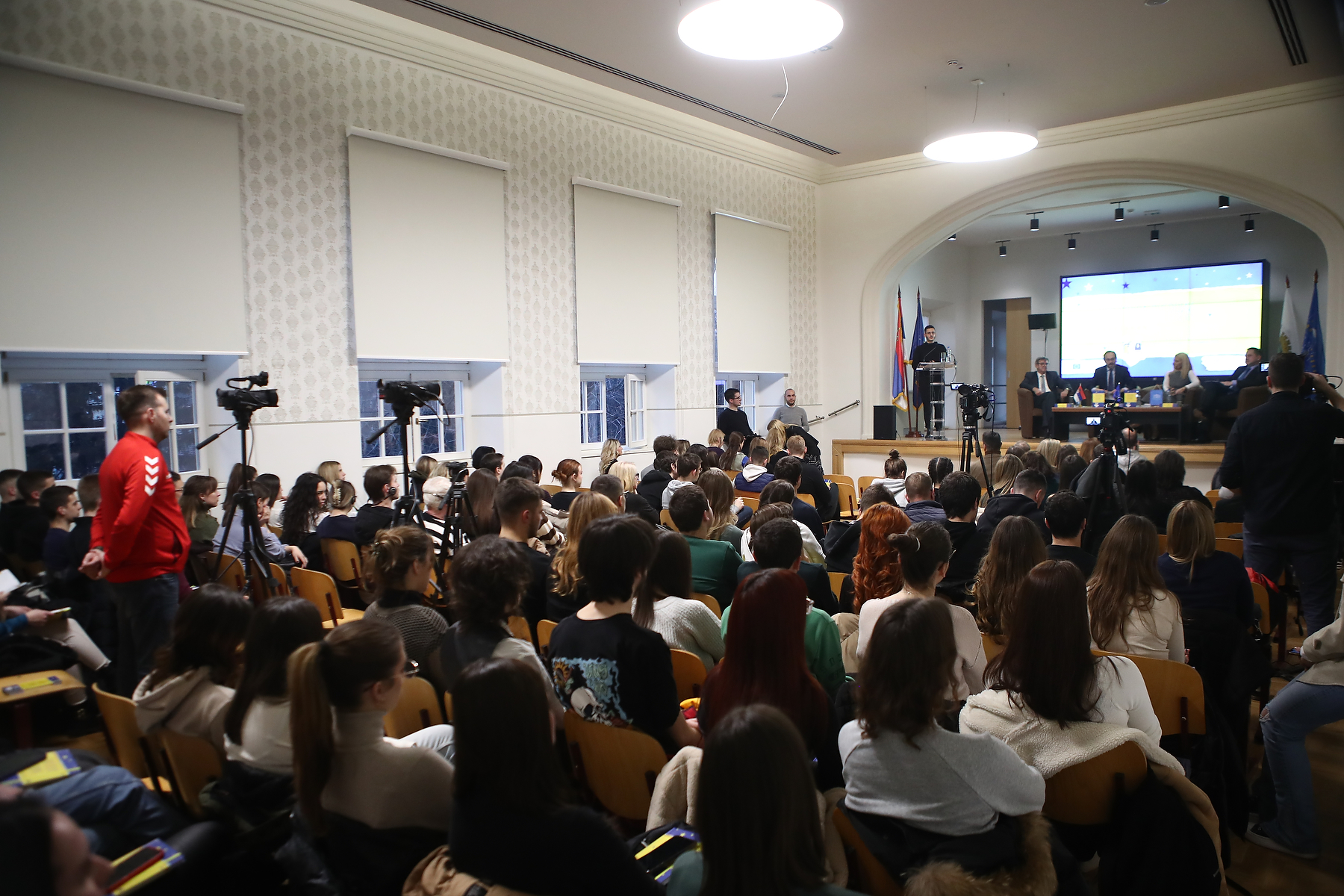
Zemun High School is one of the oldest and most prestigious high schools in the territory of Belgrade. In addition to respecting the long tradition, the school is also very active in modern projects of cooperation and modernisation of teaching and learning conditions. It participated in the project “Development of Democracy and Democratic Culture” implemented by the Council of Europe with the support of the EU.
“Zemun High School is a European school on Serbian soil,” says the school principal, Miloš Bjelanović.
The school organised the Days of Democratic Culture event, which aims to stimulate and encourage the student parliament to develop an activity that will rank it as a responsible and engaged student body with a developed culture of dialogue and cooperation with other high school parliaments. Also, as part of Erasmus+, the teachers participated in an exchange project with IES Ramiro de Maeztu School from Madrid.
The Delegation of the European Union will once again organise a competition for all high school students in Serbia, which will begin in January. The competition aims to encourage solidarity among students through actions that will contribute to their schools and local communities. More information about the terms and conditions of the competition will be available soon on the project website.

